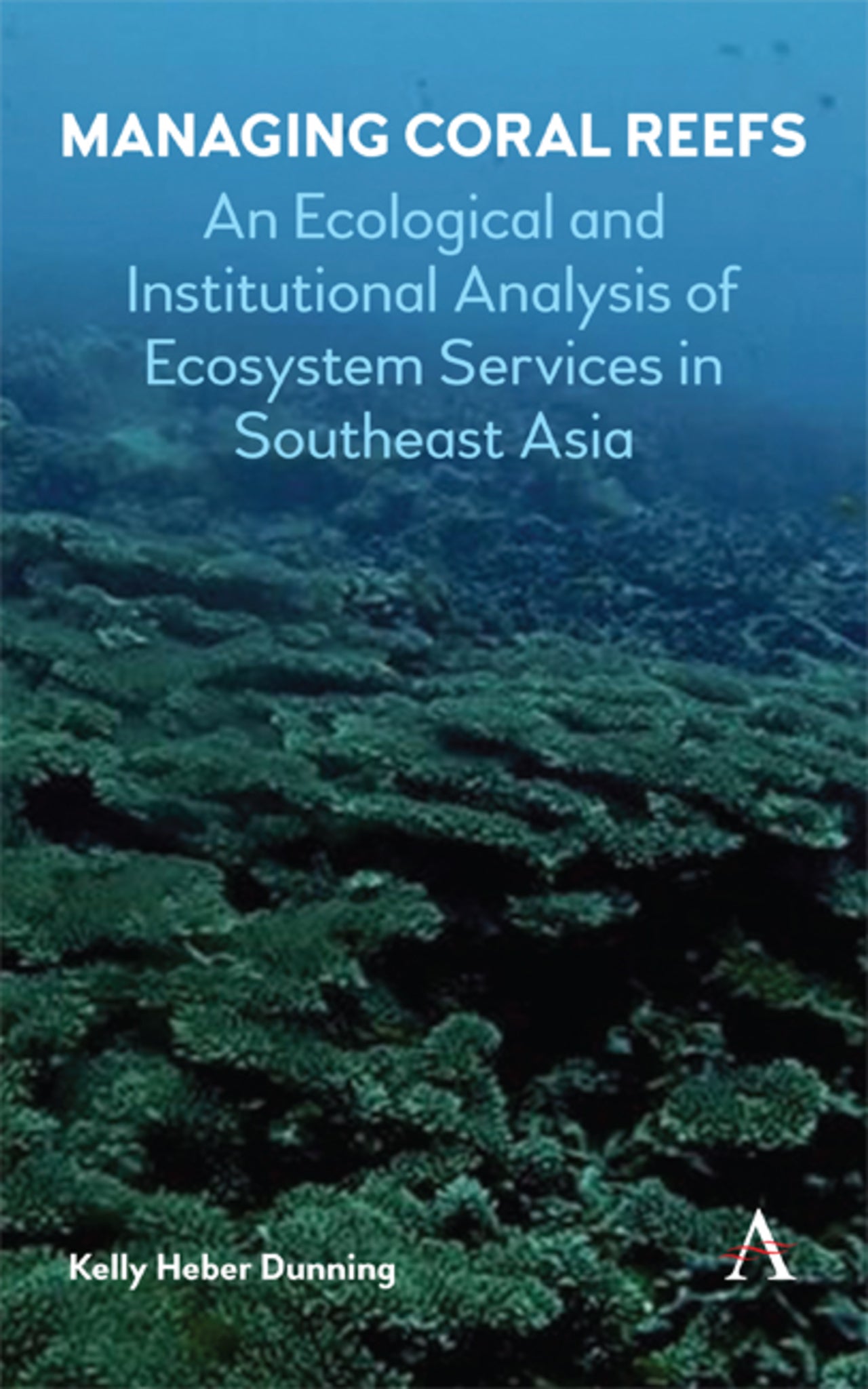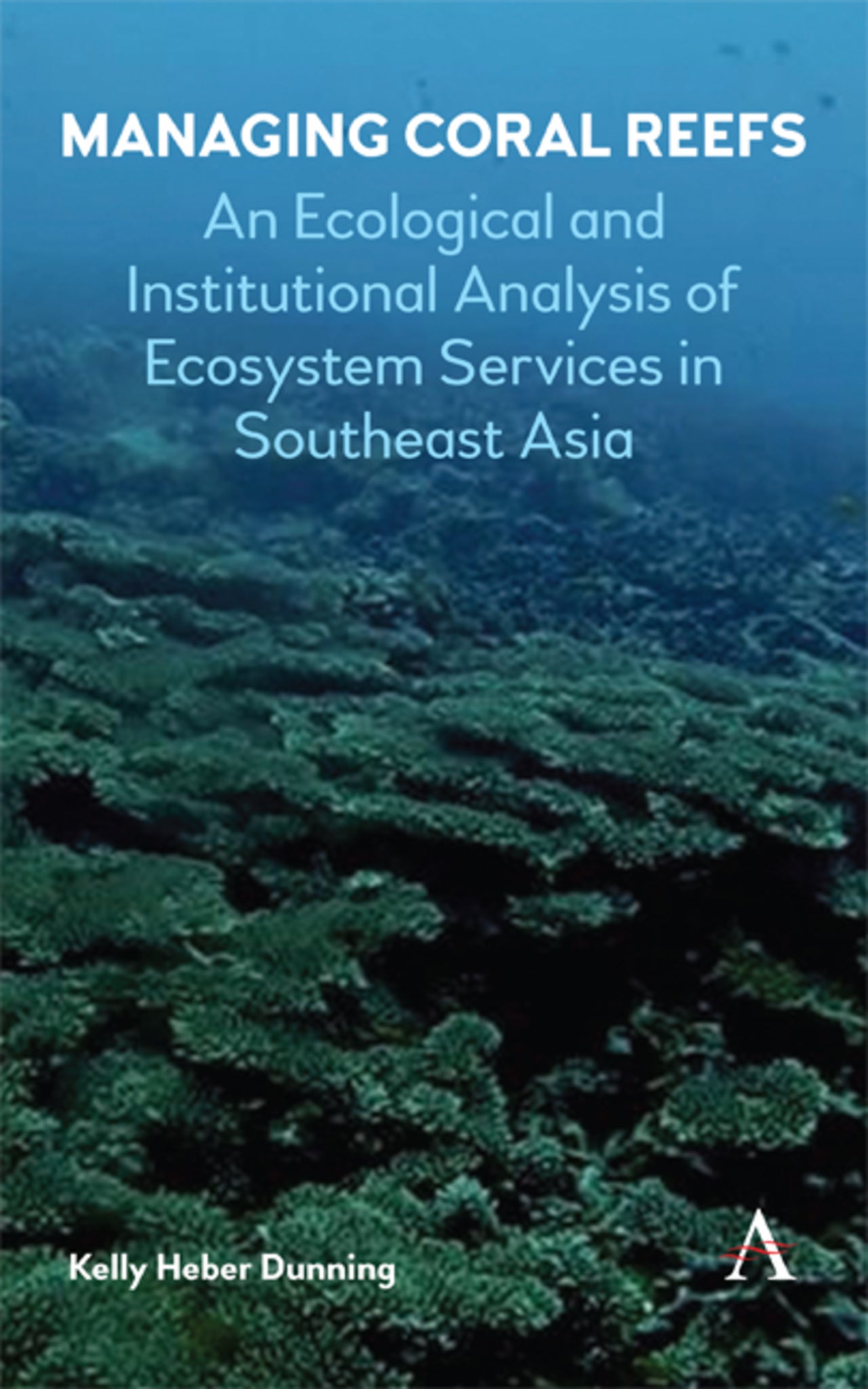We're sorry. An error has occurred
Please cancel or retry.
Managing Coral Reefs

Some error occured while loading the Quick View. Please close the Quick View and try reloading the page.
Couldn't load pickup availability
- Format:
-
30 July 2018

Managing Coral Reefs examines Indonesia’s and Malaysia’s pathways to implementing the Convention on Biological Diversity (CBD), focusing specifically on how regional and national policies in Southeast Asia have fared when implementing the Aichi Targets of the CBD. Kelly Heber Dunning examines CBD implementation through marine protected areas (MPAs) for coral reefs in Indonesia and Malaysia. While Indonesia uses a co-managed framework, whereby villages and governments share power, to implement its MPAs, Malaysia uses a top-down network of federally managed marine parks. Using mixed methods through interviews and surveys as well as coral reef ecology surveys conducted over a year of fieldwork, Dunning argues that co-managed systems are the current best practice for implementing the CBD’s Aichi Targets in tropical developing countries.

SOCIAL SCIENCE / Human Geography, The environment, POLITICAL SCIENCE / Public Policy / Environmental Policy, NATURE / Ecosystems & Habitats / Coastal Regions & Shorelines

List of Figures; List of Tables; Acknowledgments; List of Abbreviations; 1. Introduction; 2. Theory, Practice and Policy Context of Coral Reef Management; 3. Governing Natural Resources in Indonesia and Malaysia; 4. Case Study Sites and the Coral Triangle; 5. Integrated Management of Marine Protected Areas; 6. Legitimate Marine Protected Areas; 7. Adaptive Capacity of Marine Protected Areas; 8. Policy Recommendations for Marine Protected Area Management in Developing Countries; Appendix A. Research Design; Appendix B. Data and Methods; Appendix C. Coral Cover Results; References; Index.



